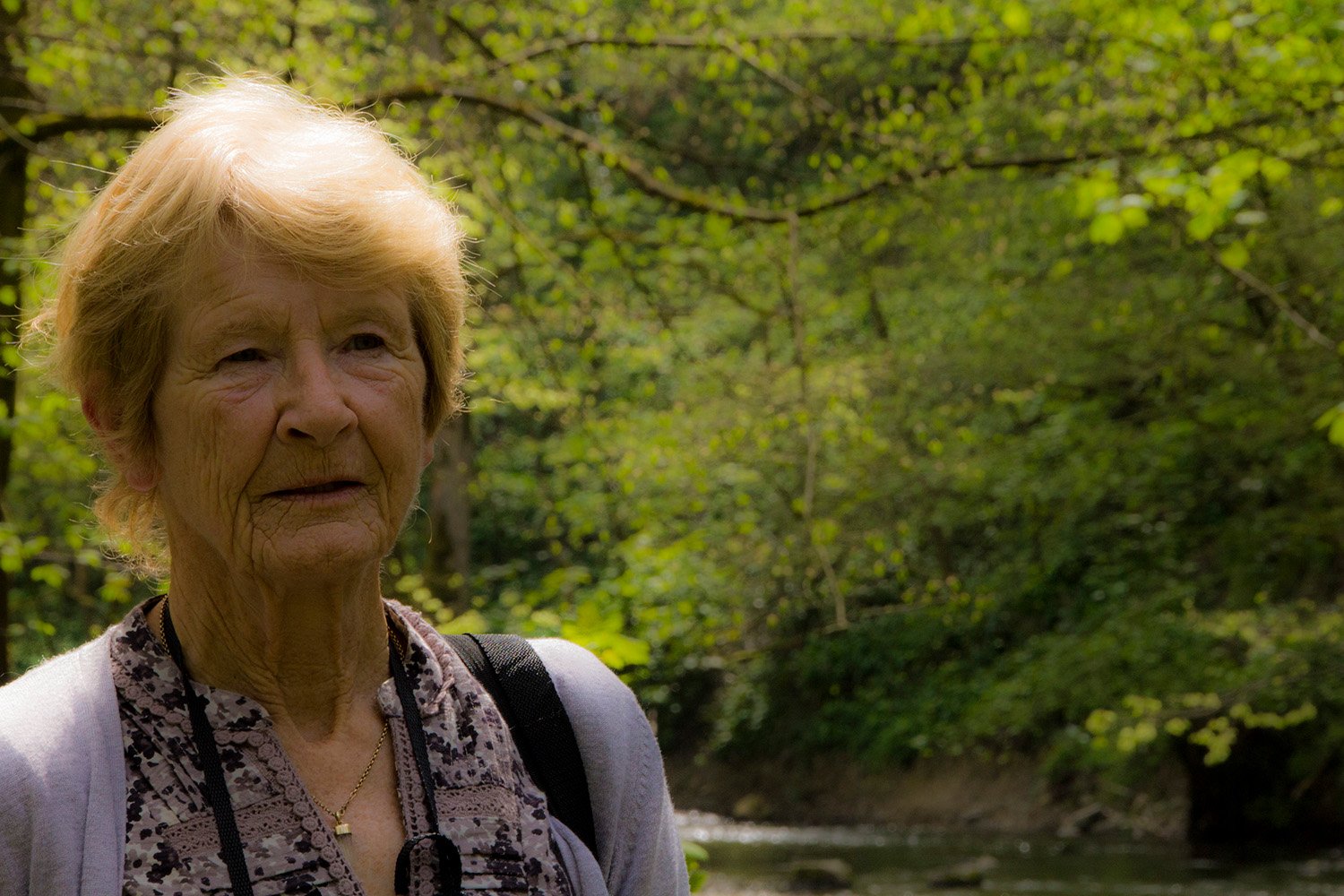What matters most?
Alison
This narrative is from a discussion between Ceridwen, photographer and director of this initiative, and her sister, Alison where they discussed the experience of caring for their mother in her final days. The death of Joan was the catalyst for creating the ‘What matters most?’ project.
“She loved the cats and dogs and the knitting in the sun. She loved the journey. Always had an adventure. Her journeys always turned into adventures, because they usually go wrong. Se was a person that would walk through a field causing chaos behind her and be completely oblivious to it. Yeah, I think that sums her up actually.”
Their mum, Joan, embarked on her final journey during the first wave of Covid-19. She had a stroke at home and was taken to hospital by Alison, a nurse. The hospital identified quite quickly that she not only had a severely blocked carotid artery, estimated to be 95% and this meant she was at a high risk of further strokes. Following scans it was also discovered that she had a cancer of unknown origin that had metastasized throughout her body. She was informed that following a multidisciplinary team meeting they had decided that there were no treatment options other than palliative.
Alison and her sister Nicky, who was visiting from Australia, agreed that they would take over the day to day care of Joan. Given the cancer was so widespread they recognized that it was not likely to be long before she died, however, they were all surprised at the speed of progression of the disease.














